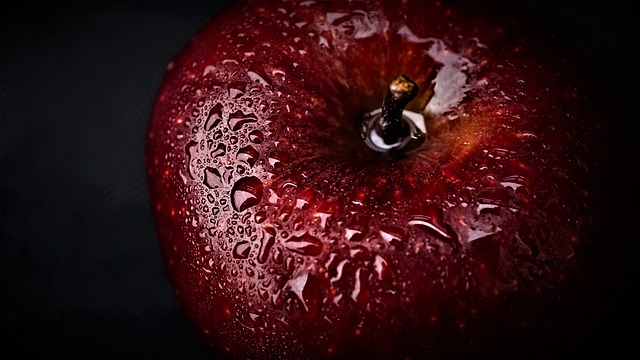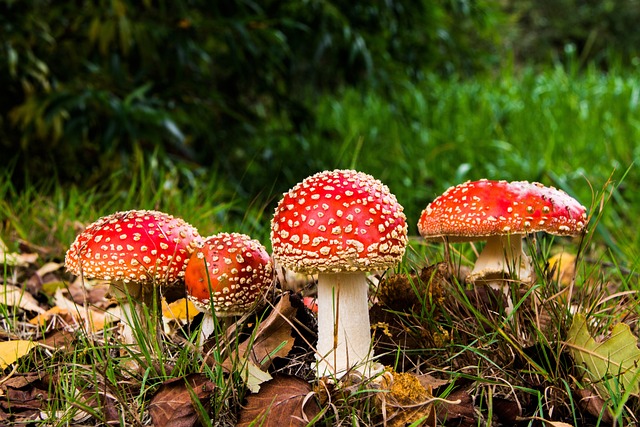From Acne to Aging: How Probiotics Can Transform Your Skin
Probiotics are live bacteria and yeasts that are good for your health, especially your digestive system. Over the years, research has shown that probiotics offer numerous benefits beyond gut health, including improving the condition of your skin. In this blog post, we will explore how probiotics can transform your skin, from fighting acne to reducing signs of aging.
The Gut-Skin Connection
Before diving into the benefits of probiotics for your skin, it’s important to understand the gut-skin connection. Your gut and skin are closely connected through a complex network of nerves, hormones, and immune system factors. Any imbalance or disruption in your gut microbiome can potentially manifest as skin issues such as acne, rosacea, eczema, and even premature aging.
1. Combatting Acne
Acne is a common skin condition that affects millions of people worldwide. It occurs when the hair follicles become clogged with oil, dead skin cells, and bacteria. The good news is that certain strains of probiotics, such as Lactobacillus acidophilus and Bifidobacterium bifidum, have been found to help reduce acne severity by fighting harmful bacteria and reducing inflammation.
Probiotics work by promoting a healthy balance of bacteria in your gut, which in turn reduces the production of inflammatory chemicals that can worsen acne. Studies have shown that taking probiotic supplements or consuming probiotic-rich foods like yogurt and kefir can significantly improve acne symptoms and lead to clearer skin.
2. Soothing Skin Conditions
If you suffer from chronic skin conditions like rosacea or eczema, incorporating probiotics into your skincare routine may provide relief. Probiotics have been shown to strengthen the skin’s natural protective barrier, reducing inflammation and increasing moisture retention.
In particular, strains like Lactobacillus rhamnosus and Bifidobacterium breve have demonstrated potential in managing these conditions. Whether applied topically in the form of creams or taken orally as supplements, probiotics can help soothe irritated skin and improve overall skin health.
3. Delaying Signs of Aging
As we age, our skin naturally goes through various changes, including a decrease in collagen production, increased dryness, and the formation of fine lines and wrinkles. However, probiotics can play a role in slowing down the signs of aging and promoting a more youthful complexion.
Probiotics enhance the production of ceramides, which are essential for maintaining the skin’s moisture levels and elasticity. By maintaining a healthy gut microbiome, probiotics support optimal nutrient absorption and may help prevent collagen breakdown.
4. Enhancing Skin Radiance
Probiotics can also improve the overall appearance and radiance of your skin. Consuming probiotic-rich foods or using probiotic skincare products can help restore the natural balance of your skin’s microbiome, resulting in a brighter and more glowing complexion.
The beneficial bacteria in probiotics support the health of your skin cells and promote a balanced pH level, which is crucial for maintaining a smooth and radiant complexion. Additionally, probiotics can help reduce skin inflammation and calm redness, giving your skin a more even tone.
Conclusion
Probiotics offer a range of benefits for your skin, from fighting acne and soothing skin conditions to delaying signs of aging and enhancing overall radiance. By incorporating probiotic-rich foods, supplements, or skincare products into your daily routine, you can achieve healthier, more resilient, and youthful-looking skin.







